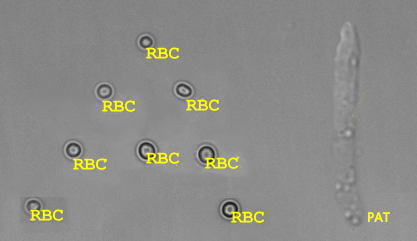NEWS DETAIL
Seek the TRUTH of Life
Artificial Intelligence and Automation in Medical Laboratory
The daily operation of clinical laboratories will be drastically impacted by two technologies: automation and artificial intelligence (the development and use of computer systems able to perform tasks that normally require human intelligence). These technologies will also expand the scope of laboratory testing. Automation will result in increased efficiency but will require changes to laboratory infrastructure and a shift in workforce training requirements. The application of artificial intelligence to automation will lead to the development of new diagnostic and prognostic models without human intervention. Together, automation and artificial intelligence will support the move to more efficient, reduced labor, and less errors thus giving faster and accurate results for better diagnosis.
The past 50 years of automation in clinical laboratories have hence seen development and integration of many different technologies including artificial intelligence (AI) into automated analyzers and laboratories, which have been designed to meet a growing demand for clinical tests.
AI applications in the pre-analysis stage mainly focus on sample collection and transfer, as well as the identification of unqualified samples. Such applications include blood drawing robots, automated blood tube labeling, sample transfer robots, automatic sample delivery, and the automatic identification of unqualified samples. In the analysis stage, image recognition is the most prominent technology because it can help solve morphological interpretation problems in test items, including bone marrow slices, blood smears, urinary sediment, fluorescent slices, and bacterial colonies.
Cobio Automated Urine Sediment analyzer utilizes image recognition using AI deep learning algorithm. For more information, please visit our web www.cobio-tech.com/en/.
